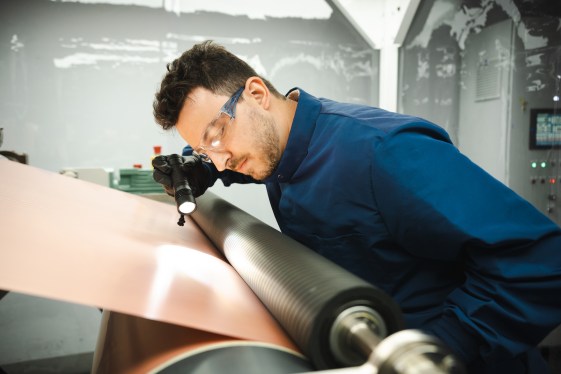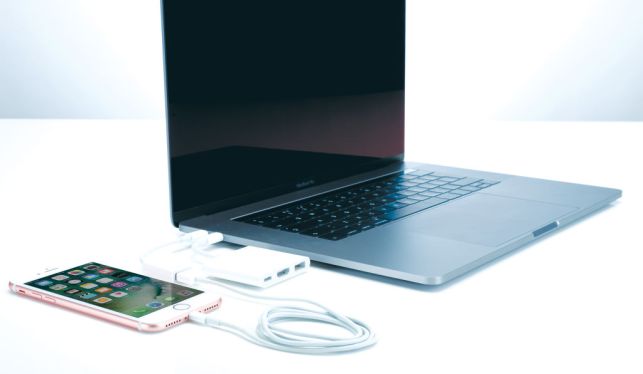Breaking Down Barriers in Electric Vehicle Manufacturing
The automotive industry has been witnessing significant growth, driven primarily by the increasing demand for electric vehicles (EVs). However, one major hurdle that manufacturers have faced is the limited availability and high cost of battery components, particularly cathode materials and anode copper foil. To address this challenge, Toyota has partnered with Redwood Materials to secure a domestic supply of these critical components.
Redwood Materials’ Expertise in Battery Recycling and Refining
Founded by JB Straubel, a former Tesla CTO, Redwood Materials is a pioneering lithium-ion battery recycling and materials startup. With its cutting-edge technology and commitment to sustainability, the company has established itself as a leading player in the EV industry. Under their partnership with Toyota, Redwood will supply cathode active material and copper foil produced at its U.S. facilities.
The Importance of Cathode Materials and Anode Copper Foil
Lithium-ion batteries consist of three critical building blocks: an anode (negative), a cathode (positive), and an electrolyte that facilitates the movement of ions between the electrodes when charging and discharging. The cathode foils, which account for more than half the cost of a battery cell, contain lithium, nickel, and cobalt. Redwood’s advanced recycling and refining processes enable them to capture all these materials, making it possible to produce high-quality components with minimal waste.
Key Features of the Partnership
- Redwood will supply Toyota with cathode active material and anode copper foil produced at its U.S. facilities.
- The cathode materials supplied to Toyota will include a minimum of 20% recycled nickel, 20% recycled lithium, and 50% recycled cobalt, as well as 100% recycled copper in the anode copper foil.
- This partnership marks an expansion of the existing collaboration between Redwood Materials and Toyota, which was announced in June 2022.
Benefits for Both Parties
For Redwood Materials, this deal is a significant win, providing valuable revenue streams and expanding its capabilities. For Toyota, having a domestic source for critical battery components reduces dependence on overseas suppliers and supports their sustainability goals. The partnership also underscores Toyota’s commitment to reducing waste and promoting recycling in the EV industry.
Redwood Materials’ Growth Plans
The company continues to expand its operations, with plans to break ground on a second battery materials campus in South Carolina later this year. Both campuses aim to recycle, refine, and manufacture battery materials at a projected volume of 100 gigawatt-hours per year’s worth of materials by 2025.
Conclusion
This partnership between Toyota and Redwood Materials is a significant step forward for the EV industry, addressing supply chain challenges and promoting sustainability. As the demand for electric vehicles continues to grow, innovative collaborations like this will be crucial in driving progress towards a more environmentally friendly future.
Related Topics
- Battery Recycling
- Electric Vehicles
- Redwood Materials
- Toyota
- Transportation



